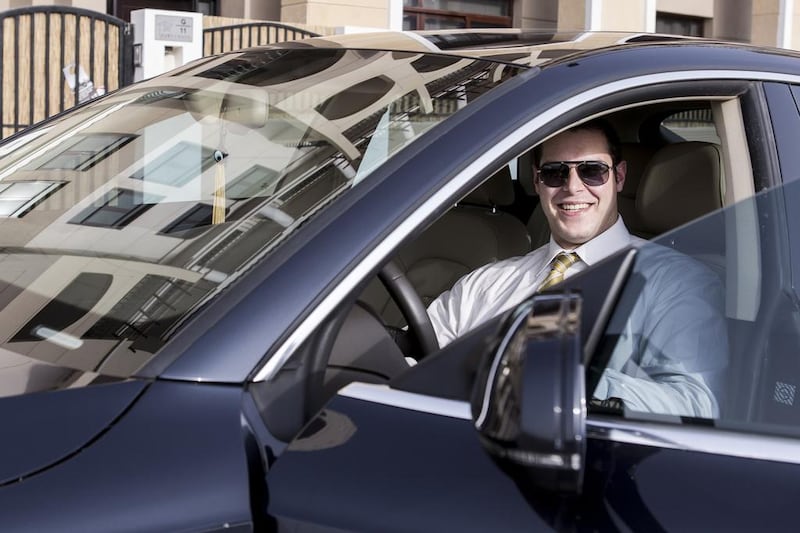DUBAI // The increase in fuel prices will further exacerbate the rising cost of living, which could result in people being forced to consider leaving the UAE, expatriates said.
Although residents welcomed moves by the Government to deregulate the cost of petrol as a means of reducing the number of gas-guzzling 4x4s on the road and force motorists to downgrade to more fuel-efficient cars, they are worried about the effect the increase will have on their finances.
“People move to Dubai for many reasons, but one of them is for the low fuel costs,” said South African mother-of-two Ilse Onderweegs, who had noticed the cost of living rising month by month, from groceries to childcare and schooling.
“If things increase much more we will have to re-assess if it is worth staying. At the moment it is getting harder.
“Over the years costs have increased dramatically – increased fuel prices will mean increases in flight tickets and food, because most things need to be imported to the UAE.
“My kids are both in school from September. I will need to do more lifts and club together with other parents that live close by.
“It will also mean the kids will be restricted to fewer school activities. Schooling is already very expensive in Dubai.”
Egyptian Ahmed Mansour recently downgraded his car from a 6.4-litre engine to a 1.8. But, he said, the fuel-price increase may not deter other drivers.
“I believe that applying such a policy will not hamper the appetite for a large segment of this country’s population to drive big cars or even change their lifestyles,” the 25-year-old said.
“People here are crazy about cars and the automotive industry is one of the biggest compared with many other countries in the region.”
The thought of having to potentially pay double to fill his tank was making him consider switching cars again.
“Maybe I’ll just switch to a diesel engine instead,” he said.
Steve Kranz, a management lecturer in the college of business and economics at UAE University in Al Ain, recently bought an SUV, something he would not have done had he known about the coming price rises.
“On June I bought a Ford Explorer. I would not have made the purchase if I had known the price of petrol would increase,” said Mr Kranz, adding some people may become less likely to make unnecessary trips.
“Sales of more fuel-efficient cars should increase.”
James Ryan, associate professor of Human Resource Management and Organisational Behaviour at UAE University, said there were pros and cons to deregulation.
“The reduction or removal of fuel subsidies is a positive and natural progression in the development of the UAE economy. Of course for the individual, any increase in living costs that add to recent pressure on education and housing costs will be looked on unfavourably.”
Mr Ryan said he was concerned about how the move would affect those working in the health and education sectors.
“A combination of stagnant salaries and rising living costs has seen these industries face challenges in recruiting and retaining qualified staff for several years now. Any increase in living costs reduces the benefits for professionals considering coming to the UAE.”
However, he said that if the money generated from increasing fuel prices was invested in these sectors to improve employee benefits and conditions, then it would ultimately help to solve many problems.
“This will have a significant benefit for the UAE.”
mswan@thenational.ae






